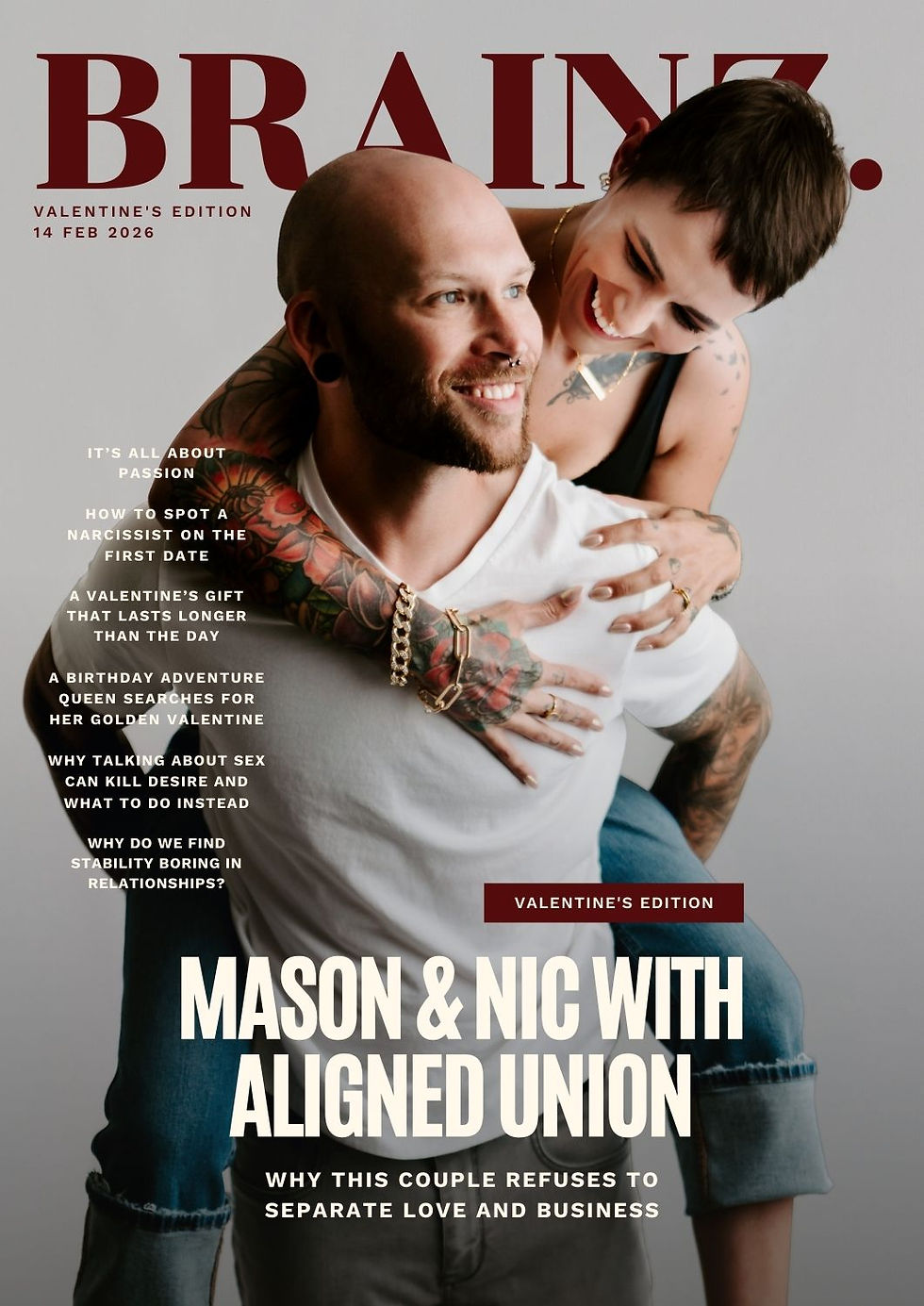Building Resilience and Helping Your Athlete Bounce Back from Setbacks
- Jan 28, 2025
- 4 min read
Renowned author and coach with a unique blend of experience as a former D1 softball player, Certified Mental Performance Consultant, and a distinguished 15+ years honing the mental toughness and resilience of Soldiers through expert teaching and training. Passionate about empowering today's youth.

Failure is an inevitable part of sports, but how athletes respond to it often defines their long-term success. While a loss or mistake can feel crushing at the moment, these experiences are valuable opportunities for growth. Resilience, the ability to recover from setbacks and keep moving forward, is one of the most important skills young athletes can develop. Parents and coaches play a vital role in fostering this quality.

A story of resilience through a tough loss
Consider Coco Gauff, the teenage tennis sensation who burst onto the scene by defeating Venus Williams at Wimbledon in 2019. Shortly after, she experienced several tough losses in high-profile matches. Instead of letting those defeats derail her confidence, Gauff embraced them as opportunities to improve. By analyzing her performance, focusing on solutions, and staying motivated, she continued to grow as a player. Just a few years later, her resilience paid off when she won her first Grand Slam title at the U.S. Open in 2023, a testament to her ability to bounce back stronger.
The role of resilience in sports
Resilience is more than just "toughing it out." It’s the ability to learn from challenges, adapt, and continue striving toward goals. In sports, resilience helps athletes recover from bad games, injuries, or tough losses, transforming these experiences into fuel for improvement. Off the field, it equips them to navigate life’s inevitable ups and downs with confidence and determination.
For young athletes, developing resilience early sets the stage for lifelong success, not just in sports but in relationships, academics, and careers.
Key steps to building resilience
Parents and coaches can teach resilience by creating a supportive environment that reframes setbacks as stepping stones rather than obstacles. Here are three key steps:
1. Growth mindset: Turning failures into learning opportunities
A growth mindset encourages athletes to see mistakes as part of the learning process. Instead of focusing on what went wrong, emphasize what they can do better next time.
Example: After a missed penalty kick, a parent might say, “What did you notice about your approach? Let’s work on your technique together this week.” This shifts the focus from the failure to actionable improvement.
2. Supportive feedback: Balancing critique with encouragement
Feedback is essential for growth, but it needs to be balanced with encouragement. Athletes are more likely to respond positively to critique when it’s framed constructively and paired with recognition of their efforts.
Example: If a young gymnast struggles with a routine, a coach might say, “Your balance beam routine had great energy today! Let’s work on landing your dismount with the same confidence.”
3. Problem-solving skills: Focusing on solutions, not problems
Teaching athletes to identify challenges and develop solutions empowers them to take control of their improvement. Instead of dwelling on a bad play, encourage them to think about how they’ll approach it differently next time.
Example: A basketball player who struggles with turnovers might be guided to ask, “What can I do to improve my ball-handling skills?” Then help them create a plan to practice specific drills.
Practical exercises: The post-game debrief
A simple debrief process after games or practices can help athletes reflect constructively:
What went well? Start with a positive focus to build confidence.
What can be improved? Identify one or two areas for growth without overwhelming the athlete.
What’s next? Create an actionable plan to address those areas in future practices.
By making this a routine, athletes learn to approach challenges with a problem-solving mindset rather than frustration.
Resilience is a skill that grows stronger with practice, and parents and coaches are key players in helping young athletes develop it. For more actionable tips and tools, download my free guide, Mental Toughness for Young Athletes: A Beginner's Guide for Parents – The Confidence Shortcut for Youth Sports Success. Click here to access practical strategies that will empower your athlete to thrive in the face of challenges, both in sports and in life.
Let’s help the next generation of athletes build the resilience they need to turn setbacks into comebacks.
For more tips on building Confident, Calm and Clutch young athletes join my newsletter here.
Read more from Valerie Alston
Valerie Alston, Mental Performance and Resilience Coach
Drawing from a rich background as a former D1 softball player and a Certified Mental Performance Consultant, she boasts over 15 years of experience dedicated to teaching and training Soldiers in the intricate art of mental toughness and resilience. As a distinguished author and coach, she brings a unique perspective to the realm of performance enhancement. Currently, her passion lies in empowering today's youth, leveraging her expertise to build and foster resilience through sports and mental toughness training, ensuring the next generation thrives in both their athletic pursuits and broader life challenges. With a comprehensive approach to athlete development, she extends her expertise to parents and coaches. Committed to enhancing understanding, she collaborates with them to impart valuable insights on building the mental toughness of young athletes, fostering an environment that nurtures resilience and unleashes their full potential.









